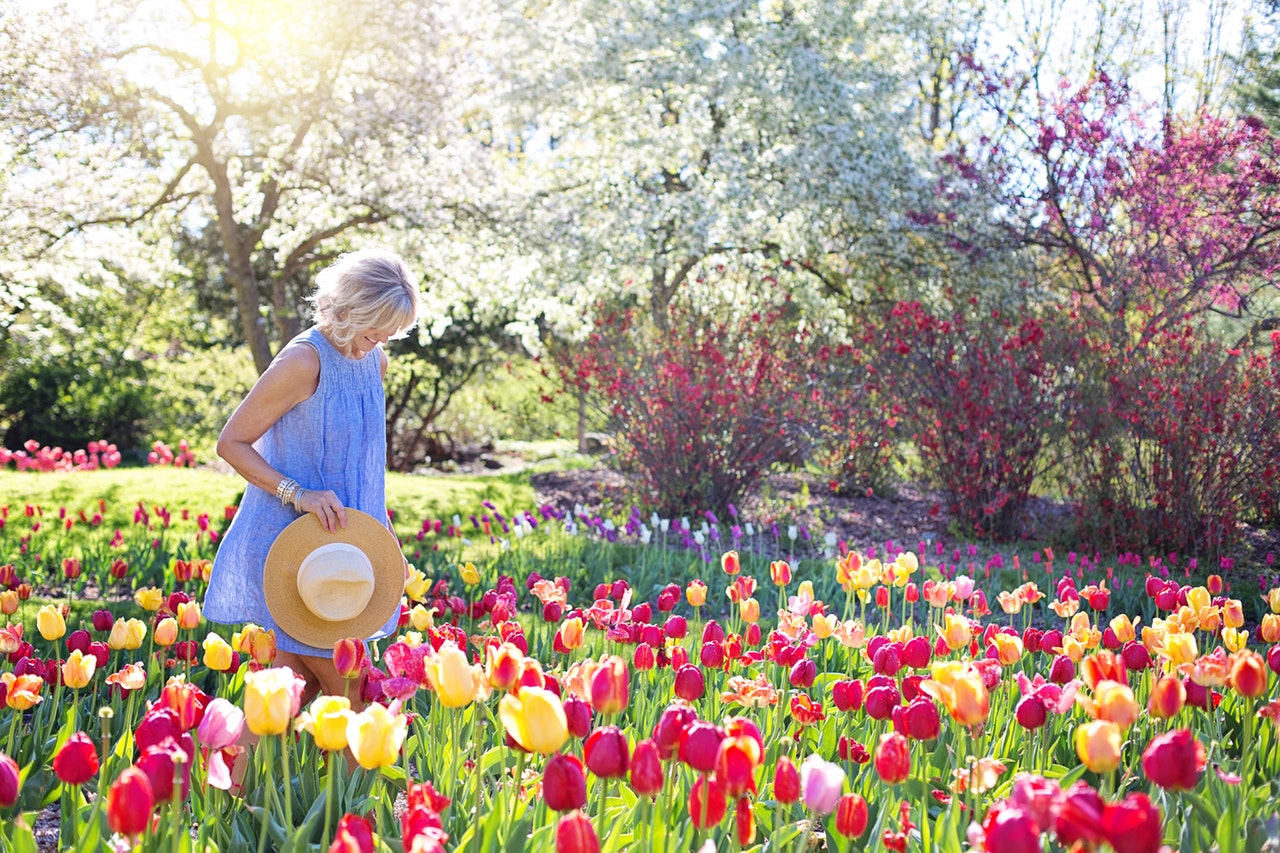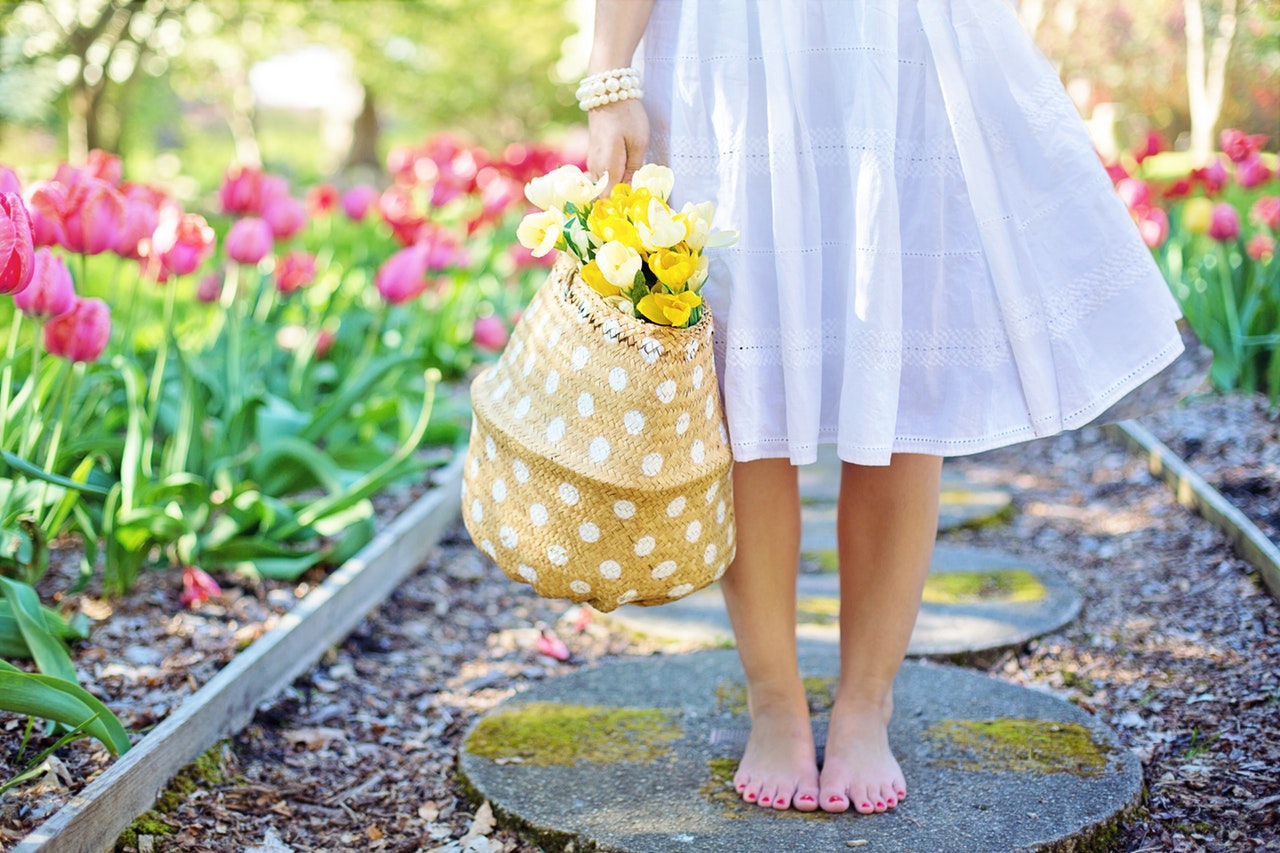- Integrative Health Group1502 Allen St
Springfield, MA 01118413-782-9800 - Acupuncture of Greater Hartford & Springfield35 Nod Road
Avon, Connecticut 06001860-836-1068 Tai Chi Links
-
Latest Articles:
- • 10 Family-Friendly Activities Perfect for Spring •
- • 3 Easy Spring Dinner Ideas for a Fresh and Flavorful Season •
- • 5 Tips to Boost Your Spring Wellness Routine •
Acupuncture and Tai Chi in Hartford CT, Springfield MA
Health Well News
Does Your Liver Need a Spring Tune-Up?
In Traditional Chinese Medicine, each season is ruled by a particular organ system and spring is connected to the liver. What does this mean? Well, you probably notice changes in the way you feel, both physically and mentally, as the seasons change. We tend to feel a bit more contemplative and introspective during the winter months. Once spring hits, we’re ready to recharge and get things done. The liver energy is strong and assertive, the type of energy you need to create plans and then propel them into motion. However, if your liver is a little out of balance, you might notice you are more irritable or on edge than usual.

Here Are a Few Signs That Your Liver is in Need of an Acupuncture Tune-Up:
1. You’ve noticed an increase in headaches lately, and these headaches seem to feel worse when you aren’t active. Generally these headaches tend to manifest at the vertex of your head.
2. You might begin to feel constipated or bloated. Your bowel movements might become irregular, alternating between constipation and loose stools. Hard, difficult stools that appear pebbly are also a sign of liver imbalance.
3. Your friends or coworkers are scared of you, because you are cranky, cranky, cranky. When liver energy is out of balance, you might feel agitated, irritated and generally out of sorts. Sometimes irritation can expand into outright anger more easily than it would if this energy was flowing smoothly.
4. Ladies, you may notice your PMS symptoms have been worse lately. Bloating, breast tenderness, sensitivity…you can blame all of the above on your liver. If your periods are more painful or clotted, this is also due to a stagnation of liver energy.
5. Your eyes are red, itchy or irritated.
6. Your shoulders, neck or jaw are uncomfortably tight. If the liver energy is out of balance, it can flow upward. This causes everything in your body to rise up: you might grind or clench your teeth, your shoulders will levitate up around your ears, and you might experience symptoms of Temporomandibular joint dysfunction (TMJ)
7. Your allergies are in full force, complete with itchy, red, watery eyes.
If you are suffering from any of these issues, your body is crying out for a visit to your acupuncturist!
Ways to Shui Your Day
Feng Shui (pronounced “fung shway”) is defined as a Chinese system of laws that govern the spatial arrangement and orientation in relation to the flow of energy and whose favorable or unfavorable effects are taken into account when designing buildings or laying out floor plans. In layman’s terms, it means balancing the energies of any given space to assure health and good fortune for those living there. Feng translates into wind and shui translates into water. So when there is good feng shui, a person or place is considered healthy and when there is bad feng shui, there may be disease and disaster.
Create A Sacred Space
Having a place where you can feel peaceful is essential. This space should be intended for meditation and inner reflection. It should be comfortable, quiet and calming. In this space, you should try to focus on your breathing and silently repeat a mantra to yourself.
Complete Unfinished Projects
If there are things around the house that need to be completed, take the time to do them. Hang those pictures, unpack those boxes, fix that leaky faucet or change that burnt out lightbulb. By leaving things undone, your energy can become depleted and you set up barriers keeping you from doing the things you love.
End Each Day With Rituals
Just as you did in the morning, establish rituals to end your day, de-stress and bring about peaceful sleep. Allow yourself at least one hour of time without any television or computer, so that your mind and body can start to unwind. In your journal, write down three to five things you appreciated over the past 24 hours. And most of all, say a prayer of thanks. Gratitude is the most important thing you can do to bring positive energy into your daily life.
Acupuncture: The Liver and Spring
There is a lot of history and theory behind Traditional Chinese Medicine (TCM) when you consider it is a medical system about 3,000 years old. There are five elements and five seasons in TCM. Each element has numerous associations that relate it to the theory of TCM. The elements and their associations provide one way for TCM practitioners to diagnose the ailments of their patients.

The season of spring is the season of the wood element and the liver energetic pathway. Spring is a time of growth and this is evident by all the plants and flowers coming into bloom, as well as the wildlife awakening from the winter slumber. Spring is the time of birth and regeneration. This season tends to be trademarked by optimism and opportunity.
Spring is linked to the wood element in TCM due to the prospects of growth and development. When a tree is nourished properly, it will grow and expand. This is very similar to what happens with the body and spirit within every living being. Just like the wood that makes up the trunk of the tree, we must be able to be flexible and bend, always changing and adapting to whatever comes our way. We need to remain strong and rooted, yet able to give a little if needed.
Wood element people tend to be well motivated and organized. They are planners and doers, always having things mapped out and ready for any situation. These people are completely dedicated to anything they pursue. They tend to initiate creativity and walk a path towards success. However, wood element people can be very vulnerable in their livers. In TCM, the liver and its energetic pathway deal with the ability to freely express emotions and anger is the emotion linked to the liver. When feelings are suppressed or blocked, physical symptoms like hopelessness, indigestion, bloating and resentment can manifest.
The color green is beneficial to supporting the liver’s detoxification function and it also strengthens vision. Incorporating green foods will greatly improve the function of the liver and help keep the wood element personality balanced. And as spring is the time of year when there is an abundance of fresh greens available, it makes perfect sense to incorporate them into the daily diet more regularly.
Along with eating more greens during the spring, it is recommended other healthy habits be incorporated as well. Regular stretching is a good way to start and end the day. The liver controls the tendons in TCM, storing blood during periods of rest and releasing it to the tendons during times of activity. Adding yoga or tai chi into the daily routine can be very beneficial for the liver, tendons and the whole body.
Drinks and foods that are sour are believed to stimulate the liver’s healing abilities. Adding lemon slices in your drinking water or using vinegar and oil as a salad dressing are some good examples. However, if you are a person that has anger issues, sour tastes should be avoided, as this can send the liver into overdrive.
When the weather warms in the spring, it is a great time to be more active outdoors. Fresh air helps the liver to function properly and decreases any stagnation being experienced in the body. This can help with anger issues too.
As with any seasonal change, adding acupuncture treatments can be a huge asset, but especially in the transition from winter to spring. Due to the winds picking up and the weather becoming warmer, things like bell’s palsy, allergies or sinus infections can become more prevalent. Using acupuncture as preventive medicine can vastly improve your chances of remaining healthy throughout the transition. So for the sake of your liver and your overall health, be sure to connect with a locally licensed acupuncturist today. You won’t regret it.
Five Acupuncture Points for Winter
Winter is a word that conjures up many different images, including snowmen, sleigh rides and holidays. During the winter months, nature is resting and replenishing itself for the upcoming spring. And as we are part of nature, we should also be focusing on rest and relaxation.

Traditional Chinese Medicine (TCM) teaches that we should live in harmony with the seasons. When we don’t, that’s when disease and illness occur. Living in harmony with the season of winter means we should avoid eating excessively cold or raw foods, we should focus our attention inward and we should make time to relax and rejuvenate our bodies.
Winter is associated with the element of water, the kidneys and the urinary bladder. The kidney energetic pathway opens to the ears and therefore, they should be protected from the cold that occurs during the winter months. Every major organ in the body is also assigned an energetic pathway in TCM theory. These pathways allow energy or Qi (pronounced “chee”) to flow throughout the body, which keeps everything functioning properly. When the Qi becomes deficient, stagnant or blocked, then disease can develop. During the season of winter, this may manifest as ear aches, low back pain, knee pain, urinary issues, anxiety or fatigue.
To keep the kidney and urinary bladder functioning properly within the TCM system, things like acupuncture, herbal formulas, nutritional counseling and practices like qi gong or tai chi may need to be incorporated. There are over 350 acupuncture points on the body, but there are some that work exceptionally well during the winter season to help keep the body free from disease.
KIDNEY 3 – This point is located bilaterally on the inner lower leg, in the depression just behind the medial malleolus. Kidney 3 is a very important point that can help with everything from low back pain to ear aches.
SPLEEN 6 – This point is located bilaterally on the inner lower leg, about three thumb-breadths above the inner malleolus. Spleen 6 can help improve immune system function and fight fatigue.
LIVER 3 – This point is located bilaterally on the top of the foot, in the depression about one thumb-breadth from the edge of the webbing between the first and second toes. This point can be used to decrease headaches and help with some urinary issues.
STOMACH 36 – Located bilaterally on the outer lower leg, it can be found one finger-breadth from the border of the upper tibia and about three thumb-breadths below the lower border of the knee cap. Stomach 36 is known as the longevity point in TCM and is frequently used by practitioners. It can help with fatigue, dizziness and knee pain.
URINARY BLADDER 23 – Located bilaterally, on either side of the spine, it can be found one and a half thumb-breadths from the lower border of the second lumbar vertebra. Urinary Bladder 23 is another frequently used point that helps with deafness, dizziness, knee pain, low back pain and urinary issues.
Any of these points can be used alone or in conjunction with others. They can be manually stimulated using pressure from a finger or dull, rounded tool. But for best effects, it is recommended acupuncture be applied.

